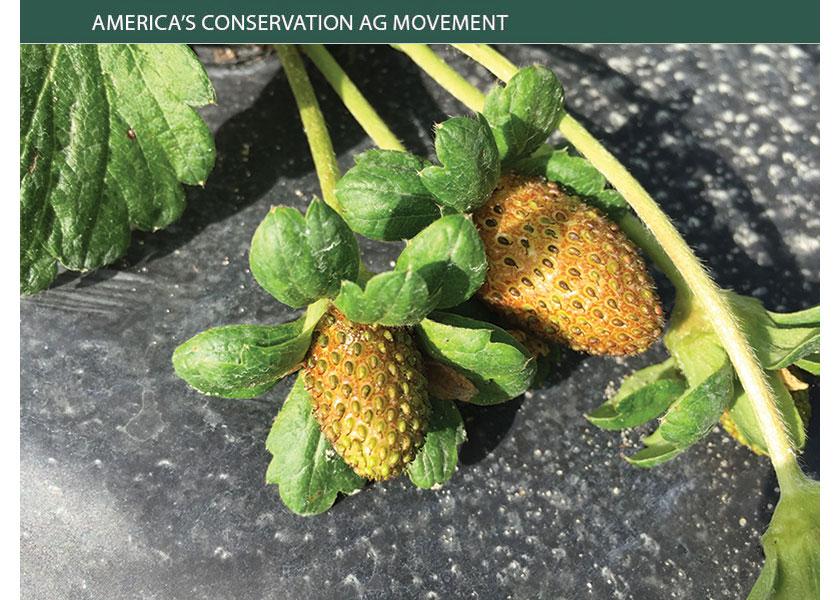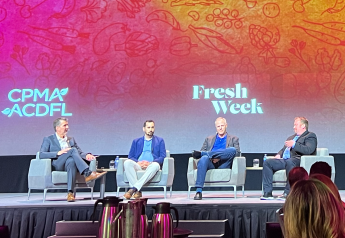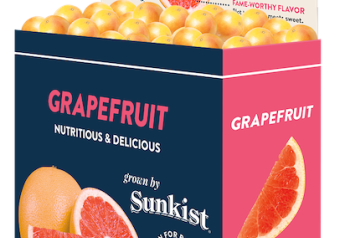Sustainable options help Florida growers fight pests

 Building trust in food begins with empowering farmers through one of the largest and most diverse conservation- and sustainability-focused public-private partnerships in our nation’s history: America’s Conservation Ag Movement. To find the latest news and resources related to the Movement, visit AgWeb.com/ACAM.
Building trust in food begins with empowering farmers through one of the largest and most diverse conservation- and sustainability-focused public-private partnerships in our nation’s history: America’s Conservation Ag Movement. To find the latest news and resources related to the Movement, visit AgWeb.com/ACAM.
One way toward a more sustainable fruit farm is by using less of an undesirable substance until a better solution proves itself.
University of Florida scientists may have found a good way to use pesticides at lower volumes and less frequently, to combat chilli thrips.
University research released Dec. 4 shows chilli thrips tend to stay in one basic area for about two weeks, then move and infect nearby plants. Growers can see where the first thrips land and then use the pesticide there only.
With this finding, farmers can use less pesticide to control the bugs, which lowers production cost and preserves the environment.
“With very few effective products available for insecticide rotation, this approach will assist with integrated pest management practices to control chilli thrips and create opportunity to include biological control agents more effectively,” said Sriyanka Lahiri, a University of Florida/Institute of Food and Agricultural Sciences assistant professor of entomology at the Gulf Coast Research and Education Center.
Excessive reliance on chemical insecticides is not sustainable to control thrips.
Already, strawberry growers had to decide whether to use highly effective insecticide against chilli thrips early in the season or reserve it for flower thrips later.
The invasive pest is rapidly expanding its geographic range, so strawberry growers in other states can learn and prepare to manage this pest, Lahiri said.
Many Florida strawberry growers have switched to liquid fertilizer pumped through drip tubes underground to feed strawberries at the roots rather than broadcasting granule fertilizer.
But at Parkesdale Farms, Dover, Fla., Matt Parke is boosting that fertilizer with beneficial bacteria, similar to a probiotic for the soil.
The brand he chose is Rhizolizer from Locus Agricultural Solutions, which is registered as an organic input material and listed by the Organic Materials Review Institute.
“When I started using bacterias, I started seeing increase in yield and decrease in input and less problems down the road with bruising — and a healthier plant,” Parke said.
Read the full ACAM - Sustainability and specialty crops publication here.







